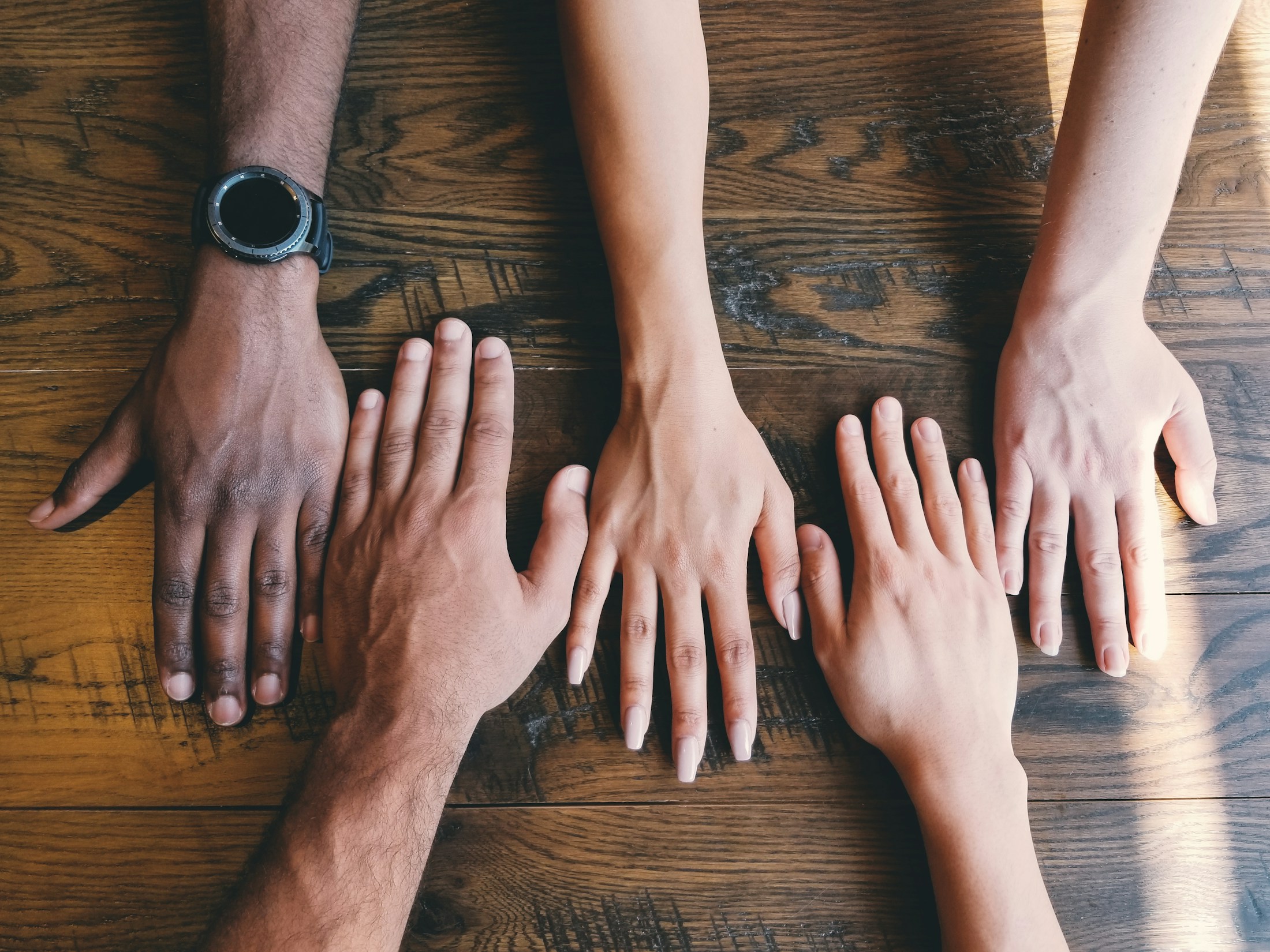St. Mark's mission is to be a beacon of racial justice and compassion. We celebrate each of the heritage month and provide educational opportunities and activities to further our mission.
Learn more about how you can stand against racism below.
Monthly Devotional
This devotion is from United Methodist Church resources including our hymnal.
Hymn #148 in the United Methodist Hymnal has a Native American melody.
These are the verses:
- Many and great, O God, are thy things, Maker of earth and sky. Thy hands have set the heavens with stars; thy fingers spread the mountains and plains. Lo, atthy word the waters were formed; deep seas obey thy voice.
- Grant unto us communion with thee, thou star abiding one; come unto us and dwell with us; with thee are found the gifts of life. Bless us with life that has no end, eternal life with thee.
Let us pray this Native American prayer by Jeff Ramsland, Mohawk:
Creator made all that is, and proclaimed that ‘it is good.’ Creator, help us to discover in all You have made in Nature, the good wisdom about the interconnectedness of all things, about balance and about living in harmony.
We are not above nature, we are part of Creation;
we live by the same laws as all of nature,
and need to learn from what God has made. Creator, help us discover the power that lies in the wisdom and understanding of our role in the Great Mystery, and in honoring every living thing as a teacher.
Creator God, may our spirits be in harmony with Yours as we gather in Your worship!
Our initial focus as a church is deepening our understanding through education.
Current classes available here.
Statement on Racial Justice from the United Methodist Church Constitution (Article V):
The United Methodist Church proclaims the value of each person as a unique child of God and commits itself to the healing and wholeness of all persons. The United Methodist Church recognizes that the sin of racism has been destructive to its unity throughout its history. Racism continues to cause painful division and marginalization. The United Methodist Church shall confront and seek to eliminate racism, whether in organizations or in individuals, in every facet of its life and in society at large. The United Methodist Church shall work collaboratively with others to address concerns that threaten the cause of racial justice at all times and in all places.



